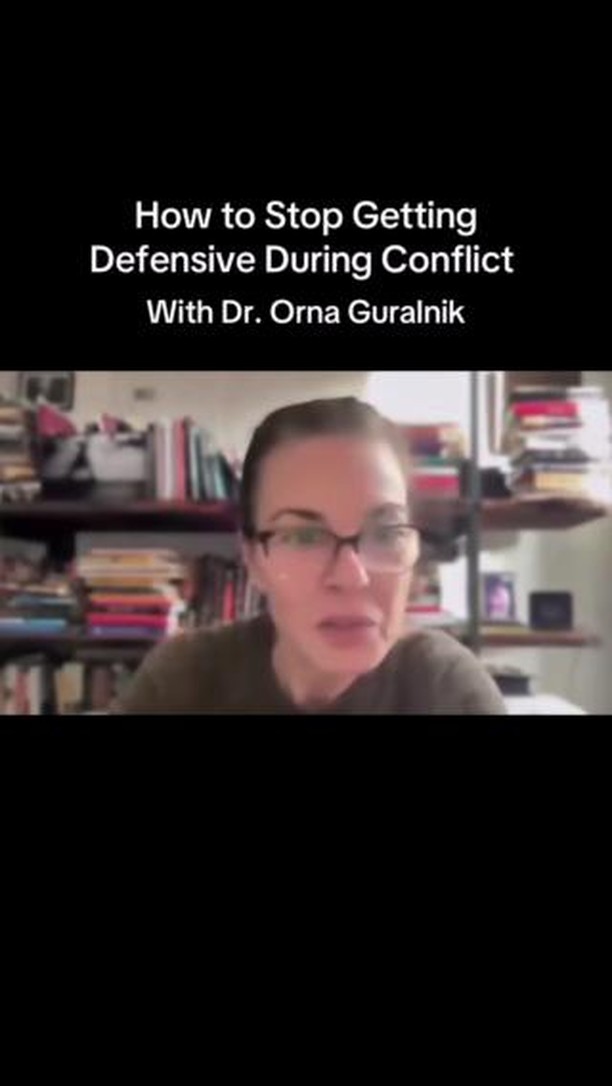oundaries don’t exclude - they protect
Writer Prentis Hemphill has a most beautiful definition of boundaries as the distance that I can love you and me simultaneously.
In relationships, boundaries mean different things for different people, but overall the idea of boundaries is my ability to be close to you, while remaining true to me (my needs, preferences, wants, wishes, desires). This may mean, saying no to someone else, in order to say yes to myself. But it doesn’t have to. Often we think about boundaries negatively. Boundaries serve as a means to keep someone out and so it’s easy to see how boundaries become a way to exclude or reject. But they can also be a way to let someone in.
In the context of relationships, it’s important to assert our boundaries. This allows us to stay true to ourselves so that we don’t fall into a partner-pleasing trap. Otherwise, we risk resentment, or losing ourselves.
What is the reason we find it so challenging to say No to our loved ones? How can we untangle the common belief that in order to love we need to agree, and when we’re not agreeing - we’re fighting. But this is an either/or and we want to break that rigid either/or mindset.
Asserting autonomy isn’t rejection
We have associated ‘no’ in relationships with rejection, yet it’s time for a ritual reframe, because ‘no’ is something to celebrated.
Here’s why it’s worth celebrating ‘no’:
- it means there’s comfort in the relationship.
- it builds trust - saying ‘no’ isn’t always easy, so if you and your partner can confidently express your opinions, needs, wants, and desires, it’s worth celebrating, especially if sometimes, they aren’t in alignment.
- it’s the antidote to resentment - when we don’t express our wants or say ‘yes’ to ourselves, we fall into the partner-pleasing trap and resentment builds. Resentment corrodes our relationships because it breeds contempt for yourself and your partner.
- it models what you want to be seeing - if you can express your boundaries in a kind, respectful and thoughtful way, your partner will be able to so as well.
According to The Gottman’s contempt is one of the four horsemen of the apocalypse in relationships.
How to say ‘yes’ to yourself

Boundary work is often described as saying ‘yes’ to yourself. Below, we’ll list a few ways you can practice boundary work without feeling like you’re being selfish.
- Chase the ‘yes’ - look for the places you can accommodate your partner, while being true to yourself. This can be anything from ‘I appreciate you want to spend time with me, and let’s find another time because I really need some alone time tonight’ to ‘I’d rather not have dinner with your folks, but I can join you all for drinks’. You know yourself best, so choose where can you meet halfway or at the very least show good will.
- Pull back the curtain - Share with your partner your desire to work on this and why - what’s brought about this change (remember use I language - take ownership over this process), and invite them to help you by being encouraging and understanding. If your partner doesn’t suffer from people pleasing and is clear on boundaries, recruit them to use as a guide. A good indicator of this is if they’re able to say ‘no’ to people without it generating drama, insult or tension.
- Practice - boundary work is hard, and sometimes we only realize a boundary has been crossed in hindsight. That’s OK. Make a note of it, reflect and learn how you’d like to protect your boundary in the future. Be compassionate with yourself as you begin this new practice. Self forgiveness and compassion are key so take your learnings (rather than guilt) for next time (there’s always next time).
Boundaries bring you closer
When you’re able to express yourself openly and honestly, the result is intimacy. You are freeing your partner, yourself (and your relationship) from mind-reading, which takes a massive emotional and cognitive toll. Expressing our boundaries liberates us from guessing games, resentment and enmeshment. The rewards are a more authentic, clear, and ultimately closer relationship. Boundaries aren’t about exclusion, they are the distance one needs to both love themselves and another. Let’s celebrate them.
We’re happy to be your accountability buddy - share a boundary you’re struggling to put in place and our experts will send you back some chasing yes options!













